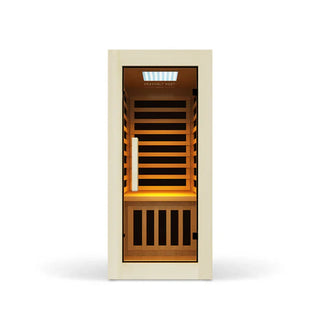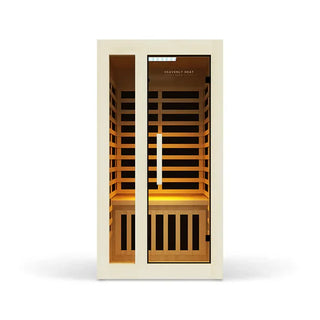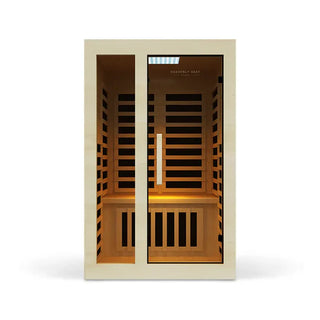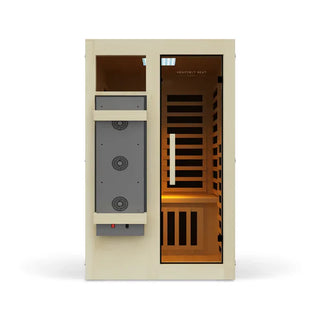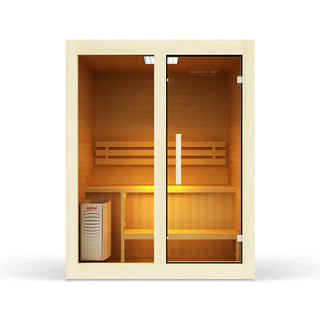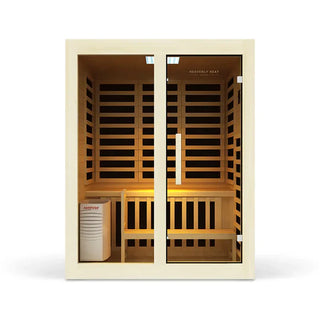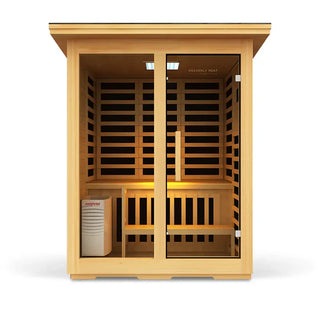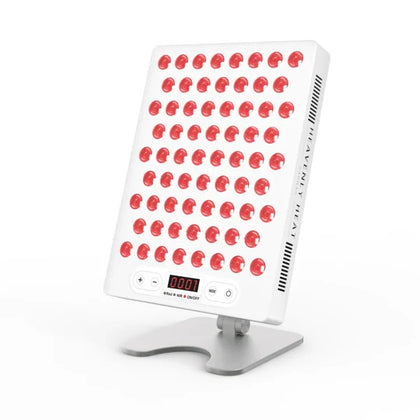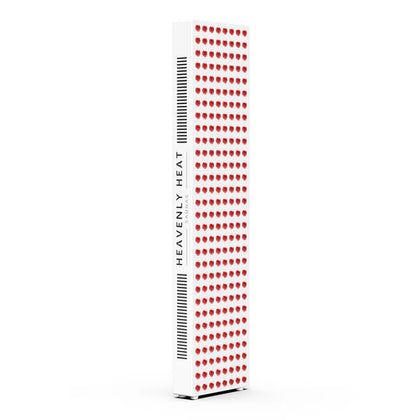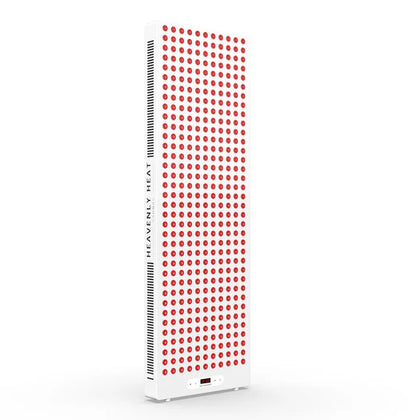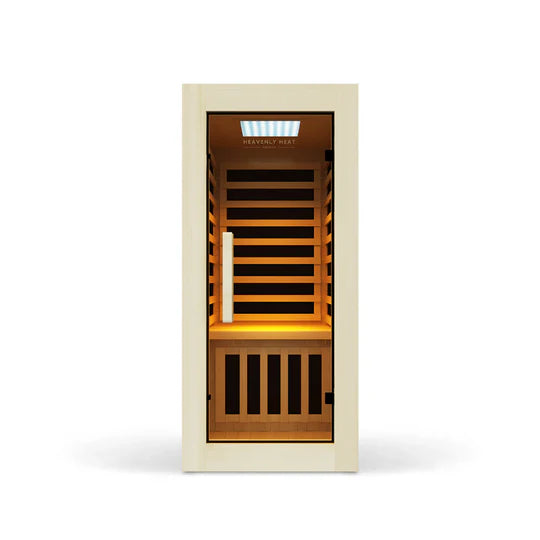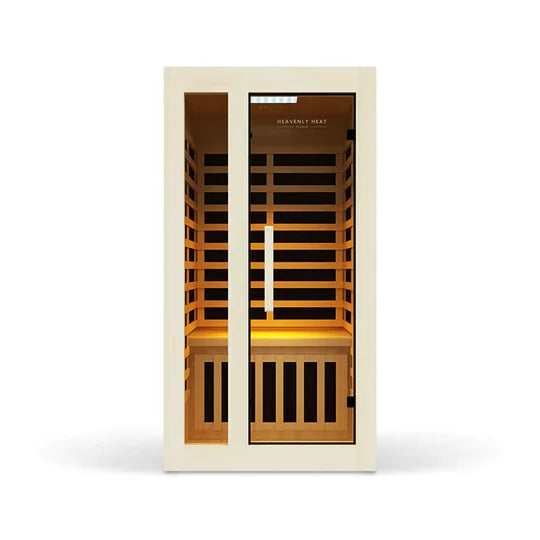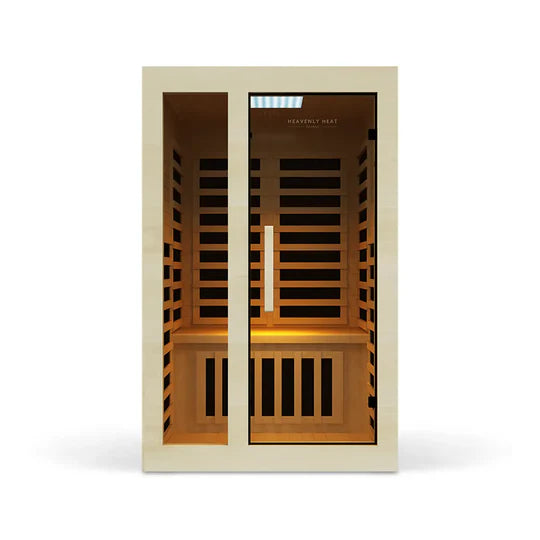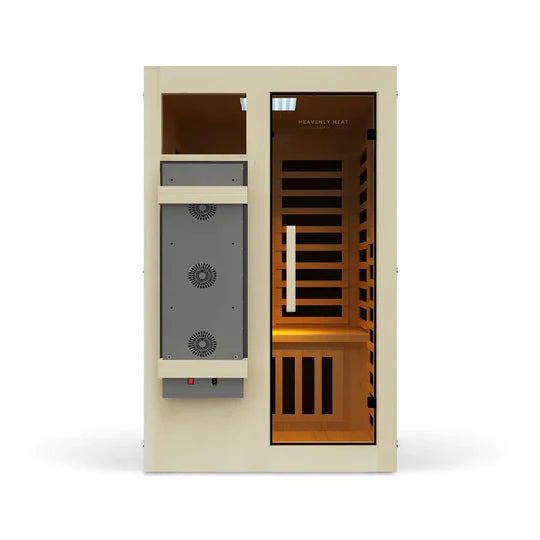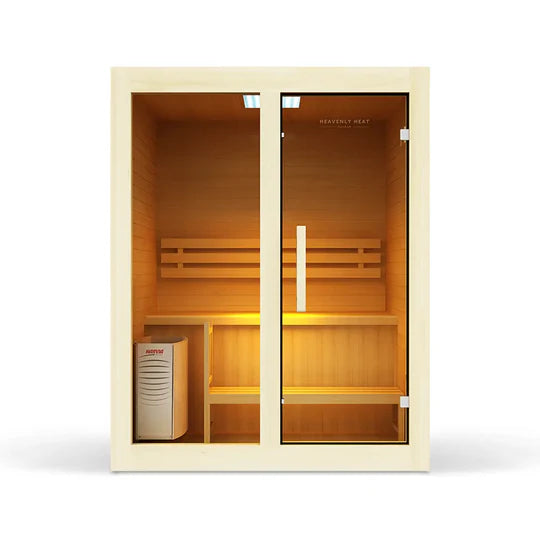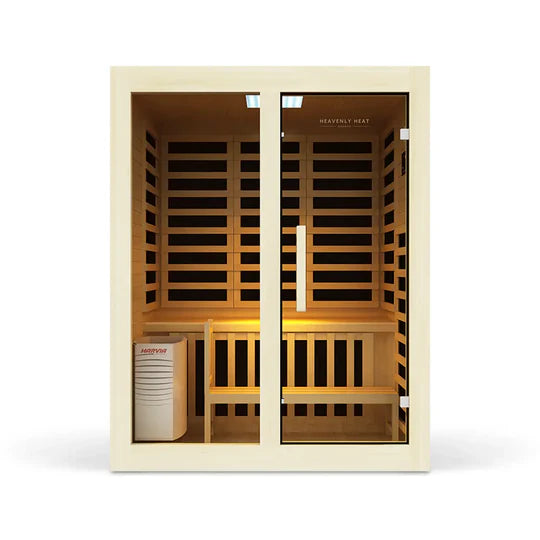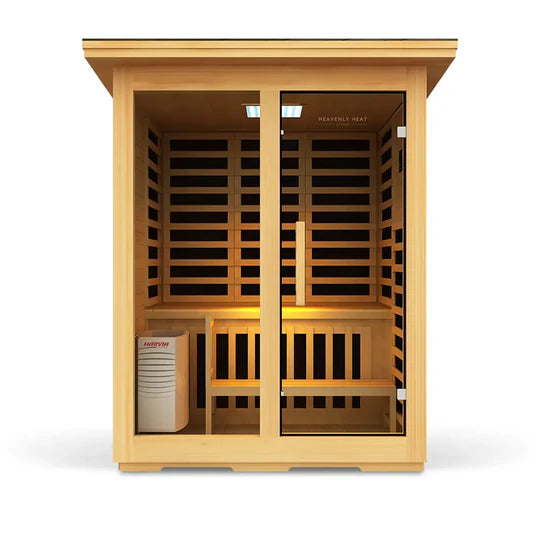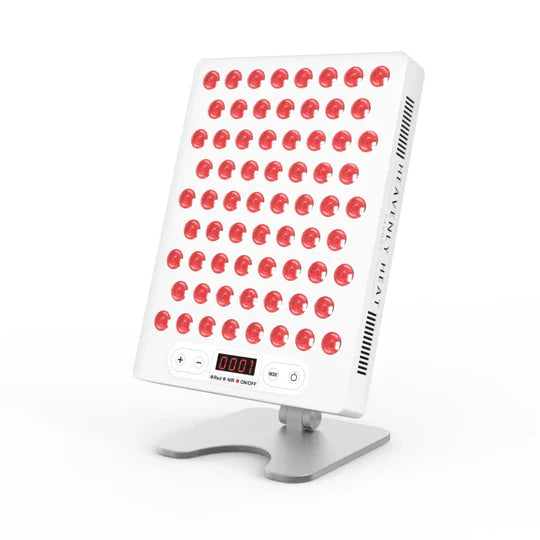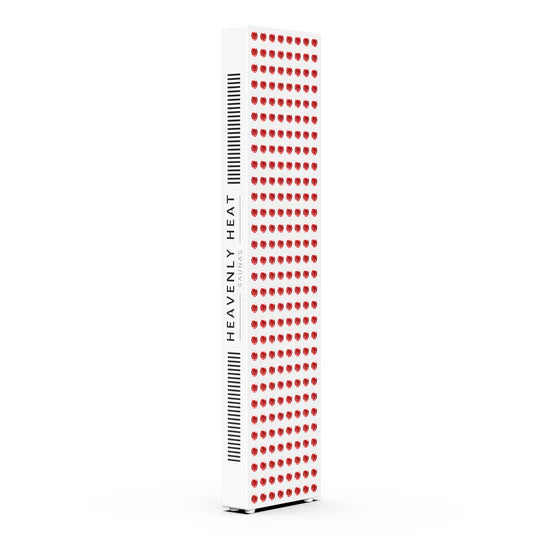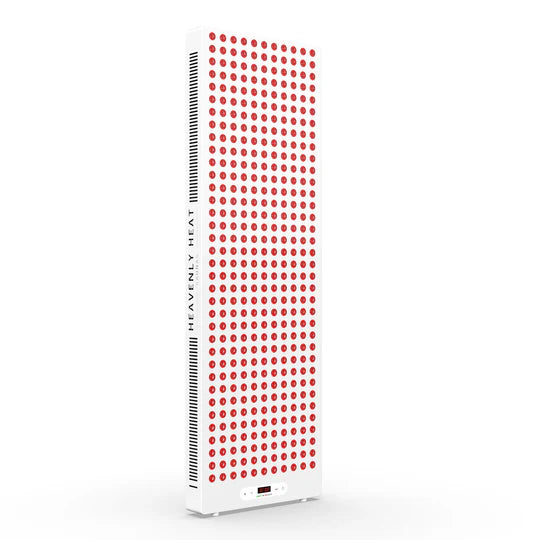Pros and Cons of Using a Sauna While Fasting

Feeling unsure about whether to combine sauna sessions with fasting? This uncertainty can lead to ineffective fasting and potential health risks. Understanding both the benefits and dangers is crucial. Discover how to safely enjoy sauna benefits while fasting.
Can you sauna while fasting?
Yes, but there is a risk of dehydration, which can be dangerous. In a sauna, the heat causes sweating and leads to fluid loss. Additionally, a 2020 study found that fasting can significantly lower blood pressure. When combined with sauna use, which also lowers blood pressure, the effects can be compounded.
Pros and Cons of Using a Sauna While Fasting
Pros
Better detoxification
Using a sauna is often praised for its detoxification benefits. A recent review of sauna studies from 2018 notes that while the scientific evidence is limited, some research suggests that saunas can help the body eliminate toxins. When combined with fasting, the detoxification effects might be even more pronounced, potentially enhancing the body’s ability to cleanse itself.
Help in weight loss
Using a sauna while fasting can help with weight loss. Research shows that sauna sessions lead to a loss in body weight. In one study, men lost 1.8% of their body weight after three 20-minute sessions at 70°C, and women lost 1.4%. This weight loss wasn’t reversed even after rehydrating. Intermittent fasting, like the 5:2 diet, helps with weight loss by limiting calorie intake on certain days. Using a sauna while fasting may enhance weight loss, making it a good option if you want to lose weight.
Increased the cardiovascular benefits of fasting
Using a sauna while fasting can significantly boost your heart health. Fasting, especially intermittent fasting, helps improve insulin sensitivity, manage blood sugar levels, and lower bad cholesterol (LDL), all of which are great for your cardiovascular system. A 2020 study shows that fasting not only helps with weight loss but also promotes processes like autophagy, which protects your heart by reducing inflammation and blood pressure.
On the other hand, regular sauna sessions can also greatly benefit your heart. According to Mayo Clinic Proceedings, sauna bathing improves blood vessel function, reduces artery stiffness, and helps lower blood pressure. This means that your heart doesn’t have to work as hard to pump blood, reducing your risk of cardiovascular diseases. A review of sauna studies highlights its potential to improve heart health, lower the risk of heart disease, and enhance overall circulation.
By combining fasting with regular sauna use, you can amplify these cardiovascular benefits, making it a powerful approach for enhancing heart health and overall well-being.
Increased insulin sensitivity
Intermittent fasting (IF) and sauna use both enhance insulin sensitivity. A study on early time-restricted feeding (eTRF) showed significant improvements in insulin sensitivity and other health markers in men with prediabetes, independent of weight loss. Additionally, regular sauna therapy has been found to improve insulin sensitivity by increasing endothelial nitric oxide synthase, similar to aerobic exercise. Combining intermittent fasting with sauna therapy can thus effectively boost insulin sensitivity during fasting.
Cons
Lower blood pressure
Using a sauna while fasting can significantly lower blood pressure, which might pose risks for some individuals. Research conducted at Thammasat University Hospital found that 2.5% of emergency department patients presented with hypotension, a condition associated with a high mortality rate of 8-15%. Hypotension can lead to shock and other serious complications if not promptly treated . Another 2020 study reviewed the effects of fasting and energy-restricting diets on blood pressure, showing significant reductions in both systolic and diastolic blood pressure . Furthermore, a study on sauna use revealed that sauna bathing can reduce blood pressure by decreasing total vascular resistance and increasing cardiac output, with effects lasting up to 120 minutes after heat exposure . This data suggests that combining sauna use with fasting might exacerbate the risk of hypotension and associated complications.
Dehydration
Dehydration is a big risk when you’re fasting and using a sauna. Everyday Health says 518,000 people are hospitalized in the US each year for dehydration and 10,000 of those admitted die. Fasting reduces fluid intake and that increases the risk. A study of 674 sedentary students found a correlation between body mass index (BMI) and body mass loss (BML) due to thermal stress in a dry sauna. Those with higher BMI’s lost more body mass and were more dehydrated. So fasting and sauna is a double whammy for dehydration
Lower electrolyte imbalances
Using a sauna while fasting can increase the risk of electrolyte imbalances big time. This is mainly due to dehydration and hyperthermia from the sauna which can cause rhabdomyolysis. A case study of a 26 year old mixed martial artist who used a sauna for rapid weight loss and ended up with life threatening rhabdomyolysis, severe electrolyte imbalances and kidney damage . Fasting itself can also exacerbate these imbalances. Research has shown that during Ramadan fasting, serum osmolarity and electrolyte levels (sodium and potassium) increased significantly, putting strain on the kidneys and overall body composition . So using a sauna while fasting is a double whammy, you gotta monitor and manage your electrolytes closely.
Increase the Risk of Hypoglycemia
Using a sauna while fasting can increase the risk of hypoglycemia, especially for people with diabetes. Research has shown that fasting can improve insulin sensitivity and glucose control, but it also raises the risk of low blood sugar. Additionally, high temperatures in a sauna can make the body absorb insulin faster, which further lowers blood sugar levels. This combination makes hypoglycemia more likely. It’s important for individuals to monitor their blood sugar levels carefully when using a sauna while fasting.
Increase stress hormone levels
Using a sauna while fasting can increase stress hormone levels in the body. Research shows that fasting alone raises the level of the stress hormone cortisol. For example, a study found that after 10 days of fasting, the cortisol levels in people went up significantly (Colling et al., 2023).
Another study found that using a sauna also increases cortisol levels (Kukkonen-Harjula & Kauppinen, 1988). This means that combining fasting with sauna use can lead to even higher stress hormone levels. Elevated cortisol can lead to problems like weaker bones and a weaker immune system.
What precautions should be taken when using a sauna during a fast?
When you’re fasting and using a sauna take these precautions. Keep sauna sessions short so you don’t overexert and dehydrate. Listen to your body if you feel unwell get out of the sauna immediately. Don’t use the sauna alone so someone is available to help if needed. Shower before getting in the sauna to clean your skin and body for the heat. Follow these and you’ll be able to enjoy the sauna while fasting.
Conclusion
Sauna and fasting can have many benefits like detoxification, cardiovascular health and insulin sensitivity. But be aware of the risks like dehydration, low blood pressure, electrolyte imbalance, hypoglycemia and increased stress hormones. To safely do sauna while fasting, keep sessions short, listen to your body and have someone with you. Follow these and you can safely incorporate sauna in your fasting routine and maximize the benefits while minimizing the risks.
